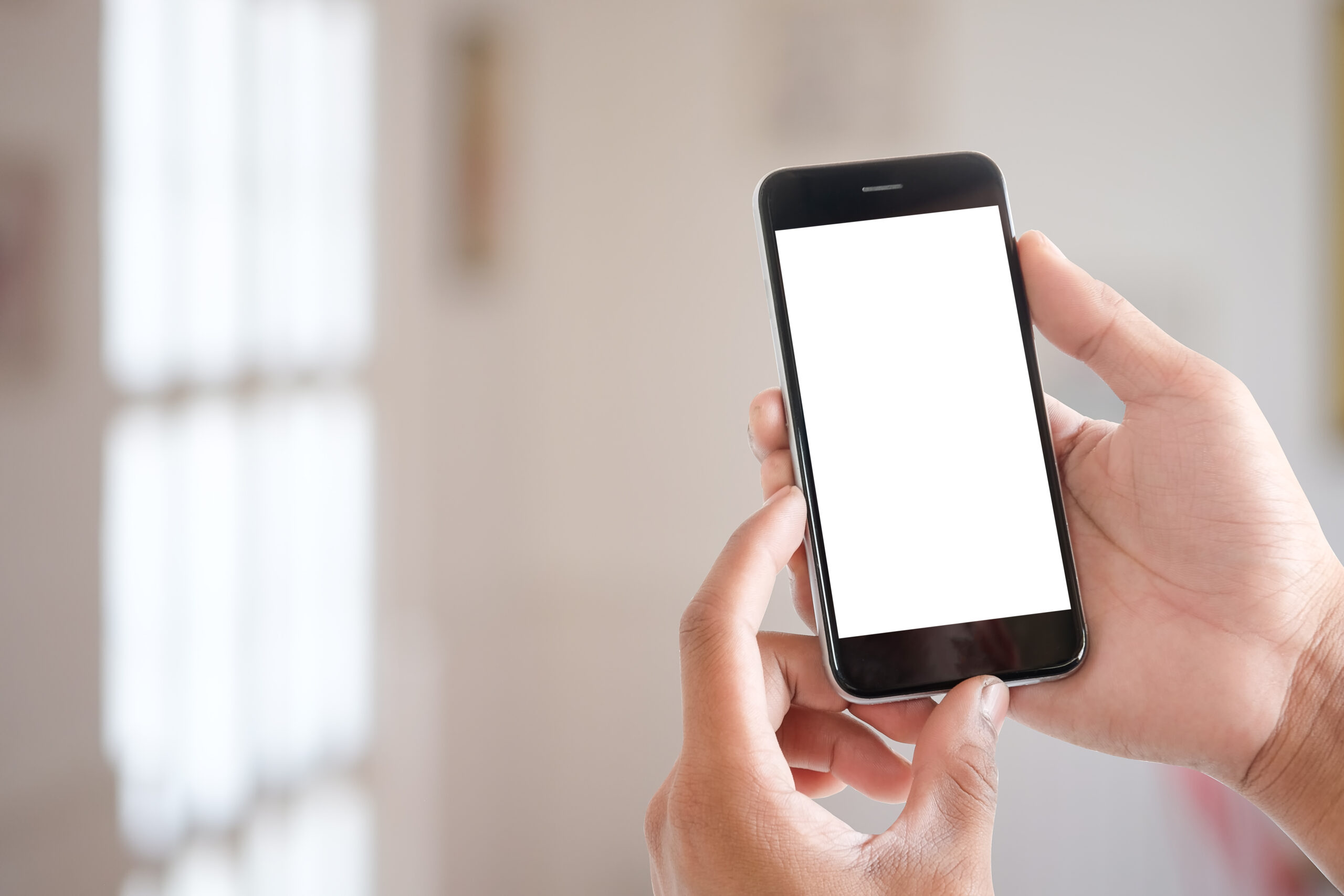
By Montserrat Arqué
Nov 28, 2023, 11:22 AM EST
Surely on more than one occasion you have heard about the damage caused by prolonged use and exposure to blue light, precisely the light emitted by different electronic devices, particularly cell phones, tablets, computers and televisions.
Insomnia and eye fatigue are the main damage caused by constant exposure to blue light in humans; However, it also causes damage to our skin, particularly our face, which makes your face age.
This statement was made by researchers at Oregon State University, who carried out a study in which they used fruit to test the effects of blue light. They found evidence that our basic cellular functions could be affected by this light emitted from smartphones and other devices.
With this research, it was discovered that blue light from digital LED screens accelerates the aging process of fruit flies. In a paper published Wednesday in the journal “Frontiers in Aging,” the study suggests that light alters levels of metabolites, a chemical used to keep cells functioning properly, in insects. This means that blue light could also be aging humans more quickly.
“Excessive exposure to blue light from everyday devices such as televisions, laptops and phones can have detrimental effects on a wide range of cells in our bodies, from skin and fat cells to sensory neurons.” , says Dr. Jadwiga Giebultowicz, lead author of this study and professor of Integrative Biology at said university.
Researchers also assume that blue light can penetrate to the second layer of the skin (the dermis), which is where collagen, elastin and hyaluronic acid are found, causing dryness, dehydration and even alterations in pigmentation, such as consequence of the long hours in front of screens and the oxidative stress they produce. Without forgetting the increase in wrinkles and the appearance of spots on the forehead and around the eyes due to skin hyperpigmentation.
Researchers recommend reducing exposure to blue light to stay healthy and not alter aging cycles. This can be achieved by reducing screen time, dimming ambient lights, using screen savers, and using night settings on your display devices.
Keep reading:
* 4 steps to take care of your facial skin with minimal effort at any age
* The best beauty routine to take care of your skin during winter
* What relationship does melatonin have with the health of your skin?
